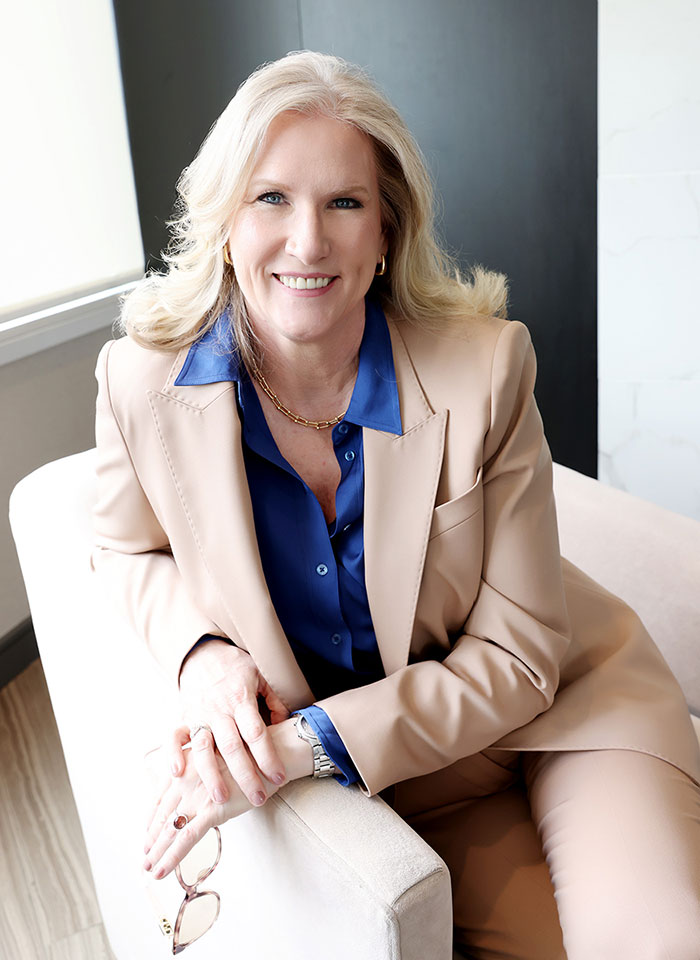By Alexandra Zendrian
The term “estate planning” to some conjures up an estate or mansion on sprawling plains that needs to be protected and passed on to the next generation. But Jacqueline Cara, Esq., founding and managing partner of Cara Law, wants to bust that myth because an estate “is really your stuff that you worked hard for and accumulated over your life.”
In fact, the Garden City-based estate attorney recently worked with a couple who have a series of guitars they want to pass down to family members and friends. In this situation, there weren’t discussions of millions, inheritances and trusts, but instead which person should receive special items the couple has.
Cara stresses that the importance of an estate plan is having control over decision making related to a person’s future. Estate plans she works on may not be about money or items at all; healthcare proxies, power of attorney and guardianship of children are also a part of estate planning.
When a person doesn’t have a will, their estate goes through a process called Intestacy. In an Intestate proceeding, the court appoints someone to act as the representative of your estate. If there isn’t a person to serve, a county Public Administrator may take on the role. That person then parses out a person’s wealth and belongings, making decisions for them. Absent a will, a person’s estate follows whatever the state laws are. Without a healthcare proxy, medical decisions could be made by a person not intended by you or confusion about who should make decisions can arise. Documenting a person’s thoughts and feelings legally through an estate plan is the way to preserve control and have a person’s wishes followed when they are injured, sick, incapacitated and after they pass.
There are a variety of myths that Cara will be busting about estate planning this year, including what happens to a spouse’s funds when they have children but no will and why a person is never too young to need an estate attorney.


